Staying Grounded: Aviation And Hurricanes
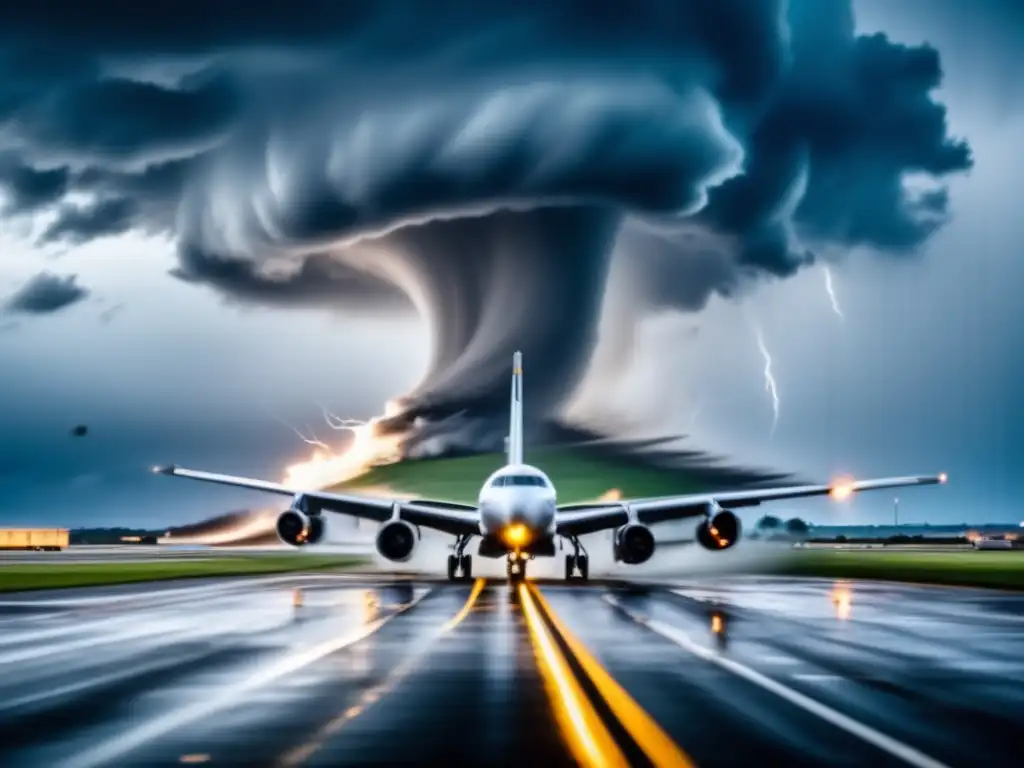
Staying Grounded: Aviation and Hurricanes
Introduction
Hurricanes are one of the most devastating natural disasters that can strike in coastal areas. These storms pose a significant threat to life and property, and their destructive power is evident in their ability to topple buildings, uproot trees, and flood entire communities. In recent years, there has been a greater emphasis on understanding the impact of hurricanes on different aspects of society, including aviation. In this article, we will explore the effects of hurricanes on aviation and discuss the measures taken to minimize the impact of these storms.
The Effects of Hurricanes on Aviation
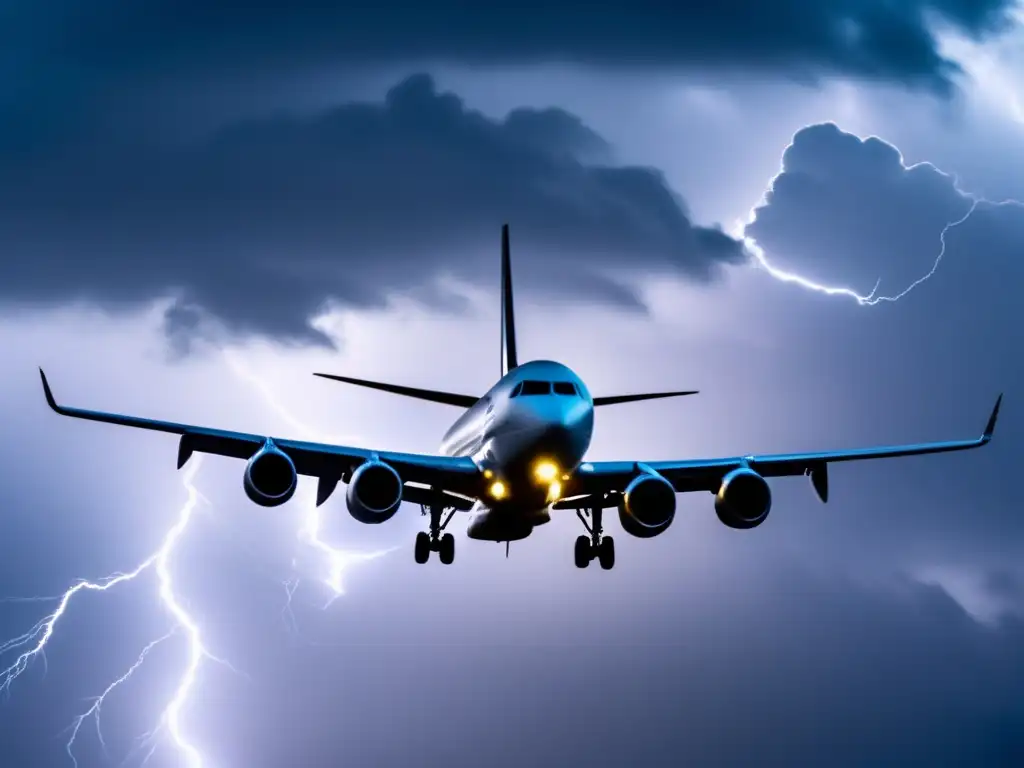
Damage to Aircraft and Infrastructure
One of the most obvious impacts of hurricanes on aviation is the damage they can cause to aircraft and infrastructure. Wind gusts, heavy rains, and flooding can all cause significant damage to airport runways, hangars, and other structures. According to the Federal Aviation Administration (FAA), hurricanes can also cause damage to aircraft parked at airports, which can lead to costly repairs or even write-offs.
Cancellations and Delays
Another significant impact of hurricanes on aviation is the disruption of air travel. Airlines may be forced to cancel flights or delay them due to poor weather conditions, which can result in significant financial losses for both the airline and passengers. Additionally, air traffic controllers may be compelled to redirect flights or shut down the airspace entirely, leading to further disruptions.
Limited Access to Essential Services
In the event of a hurricane, airports and other aviation-related facilities may be cut off from essential services, such as electricity, fuel, or water. This can make it difficult or impossible for aircraft to take off or land, resulting in long delays or cancellations. Furthermore, these disruptions can have a domino effect, causing ripple effects throughout the aviation industry.
The Measures Taken to Minimize the Impact of Hurricanes on Aviation
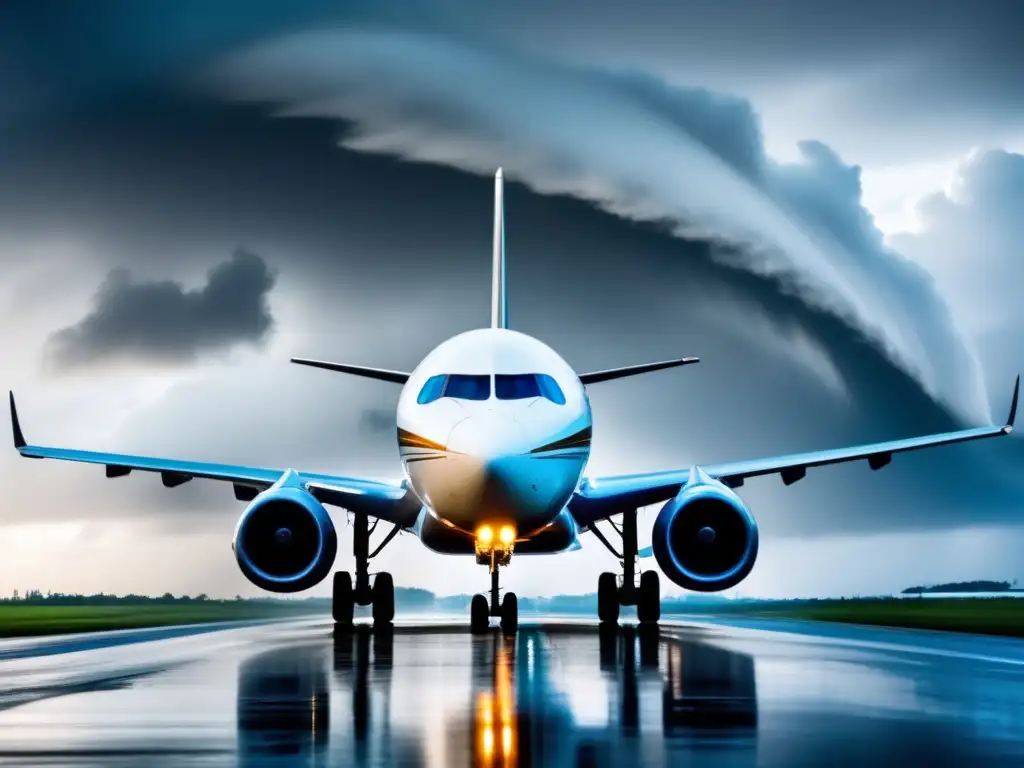
Preparation and Planning
One of the most crucial steps in minimizing the impact of hurricanes on aviation is preparation and planning. Airports and airlines regularly monitor weather forecasts and prepare contingency plans that outline the steps that need to be taken when a hurricane is approaching. These plans may include closing airports, redirecting flights, or stocking up on essential supplies such as fuel and water. Additionally, airlines may allow passengers to change their travel plans free of charge to reduce the impact of cancellations and delays.
Design and Construction of Infrastructure
The design and construction of airport infrastructure can also play a crucial role in minimizing the impact of hurricanes. Airports in hurricane-prone areas are typically built with reinforced materials that can withstand high winds and heavy rainfall. Furthermore, runways may be designed to drain quickly, preventing flooding. Additionally, airports may have emergency generators or backup power supplies to keep essential services running during power outages.
Technology and Safety Measures
Advances in technology have also made it easier to minimize the impact of hurricanes on aviation. For example, modern aircraft are equipped with advanced weather radars that can detect turbulence and storm clouds, allowing pilots to avoid dangerous weather conditions. Additionally, air traffic control towers can use sophisticated software to track hurricanes and redirect flights to safer areas. Finally, safety measures such as comprehensive training programs for pilots and air traffic controllers can help ensure that everyone involved in aviation is prepared to handle the challenges posed by hurricanes.
Frequently Asked Questions
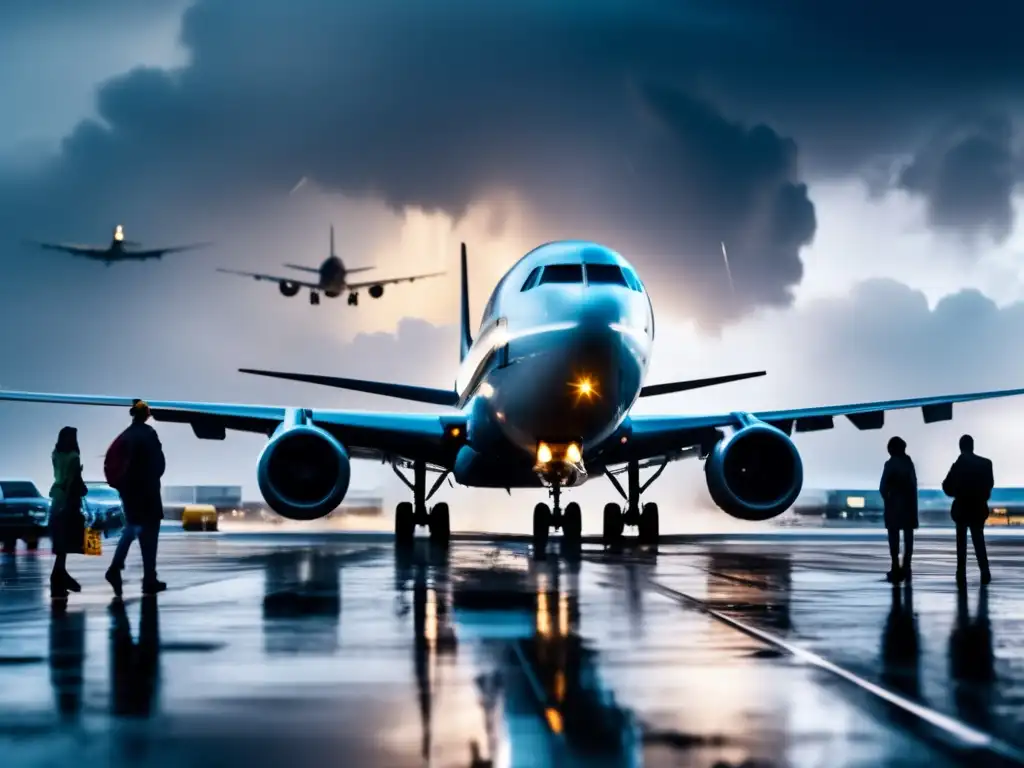
-
Are airplanes grounded during hurricanes?
It depends on the severity of the storm. If winds exceed a certain speed, it may not be safe for aircraft to take off or land. Additionally, airlines may choose to cancel flights preemptively to avoid putting passengers at risk.
-
Can hurricanes cause flight cancellations or delays even if they don't hit the airport directly?
Yes, hurricanes can cause flight disruptions even if they don't hit an airport directly. Poor weather conditions may force airports to close or restrict their operations, causing delays and cancellations for flights that are not directly affected by the storm.
-
How do pilots avoid hurricanes?
Pilots use advanced weather radars to detect storms and turbulence, allowing them to adjust their flight paths to avoid dangerous weather conditions. Additionally, air traffic control towers can redirect flights to safer areas.
-
How can I prepare for a hurricane if I have a flight scheduled?
If you have a flight scheduled during hurricane season, it's important to stay informed about weather conditions and any potential disruptions to your travel plans. Check your airline's website frequently for updates and consider subscribing to alerts that will notify you of flight changes. Additionally, make sure to pack essentials such as medications, food, and water in case you get stranded at an airport.
-
What should I do if my flight is cancelled due to a hurricane?
If your flight is cancelled due to a hurricane, contact your airline immediately to reschedule your flight. Consider booking a flight on a different day or with a different airline if necessary. Additionally, make sure to keep your travel insurance up to date in case you need to cancel or reschedule your trip.
Conclusion
In conclusion, hurricanes can have a significant impact on aviation, causing disruptions to air travel that can result in significant financial losses for both airlines and passengers. However, by taking the necessary precautions, airport operators, airlines, and other members of the aviation industry can minimize the impact of hurricanes on their operations. Furthermore, it's essential for those living in hurricane-prone areas to stay informed about weather conditions and the potential impact on air travel. Through careful planning and preparedness, we can ensure that our aviation infrastructure is ready to handle the challenges posed by hurricanes.
If you found this article informative, please consider sharing it on social media or subscribing to our newsletter to stay updated on all things hurricane-related. Additionally, feel free to share your thoughts or experiences in the comments section below.
Additional Resources
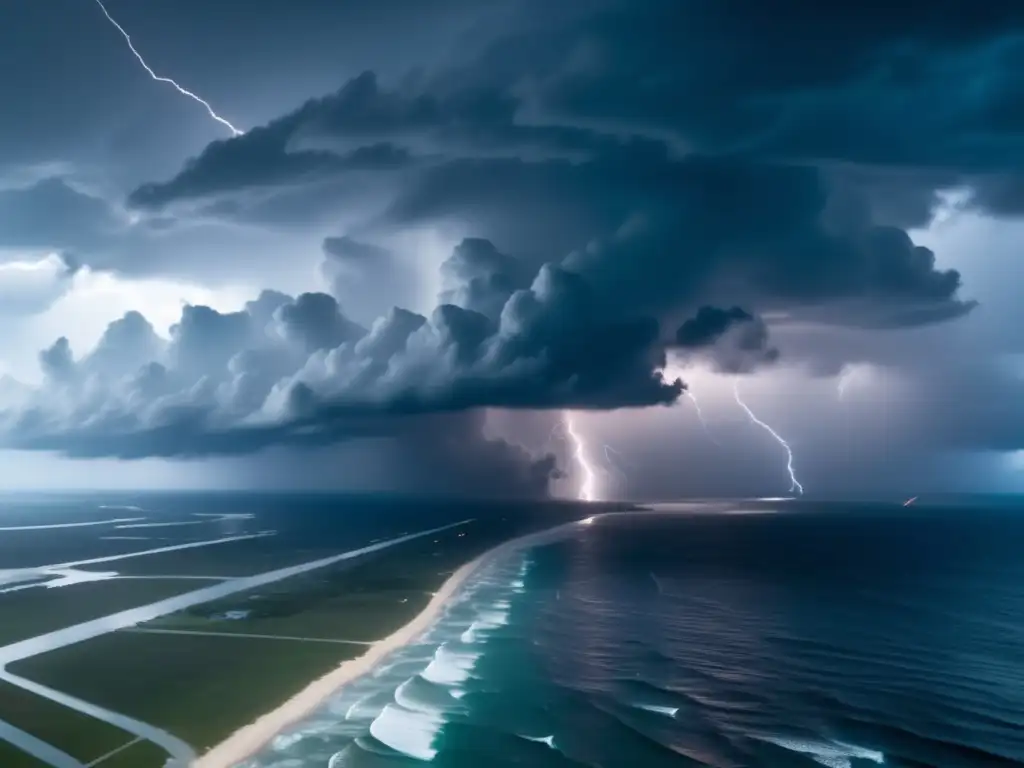
- FAA Safety Briefing - Hurricanes
- AOPA Air Safety Institute - High Winds, Low Approach (A Hurricane Case Study)
- National Hurricane Center - How to Prepare for a Hurricane
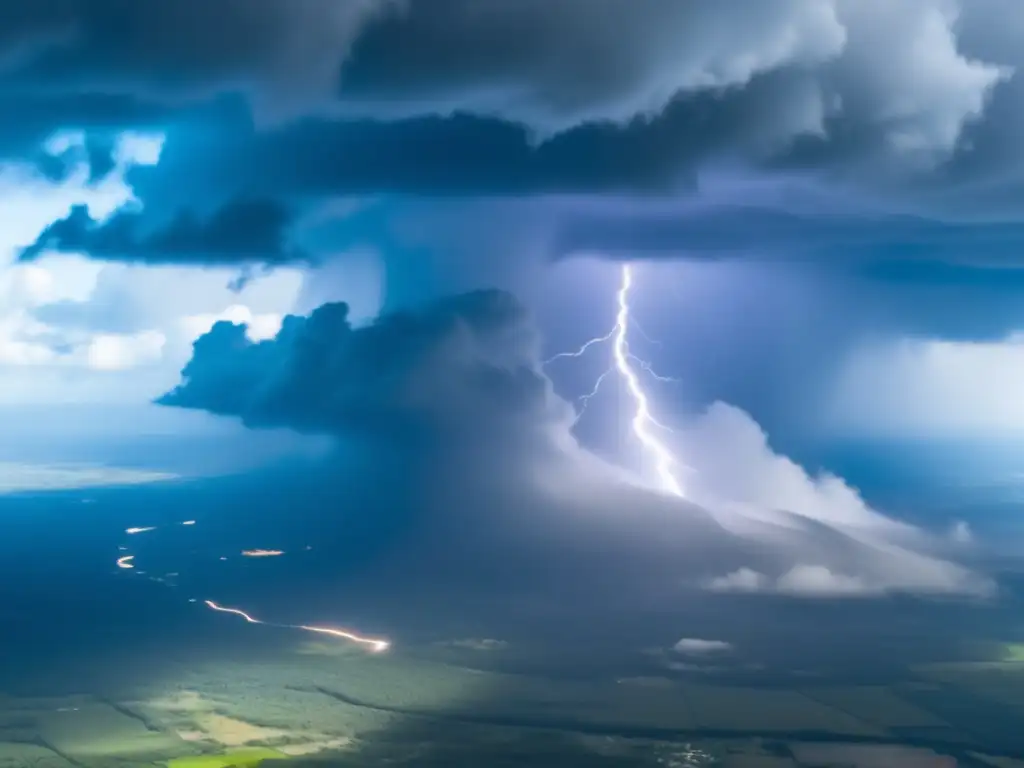 A Breath Of Fresh Air: Handling Ventilation During A Hurricane
A Breath Of Fresh Air: Handling Ventilation During A Hurricane Recreational Activities To Stay Positive During A Hurricane
Recreational Activities To Stay Positive During A Hurricane The Need For Speed: Understanding Evacuation Timelines
The Need For Speed: Understanding Evacuation TimelinesIf you want to discover more articles similar to Staying Grounded: Aviation And Hurricanes, you can visit the During the hurricane: category.
Leave a Reply

Articulos relacionados: